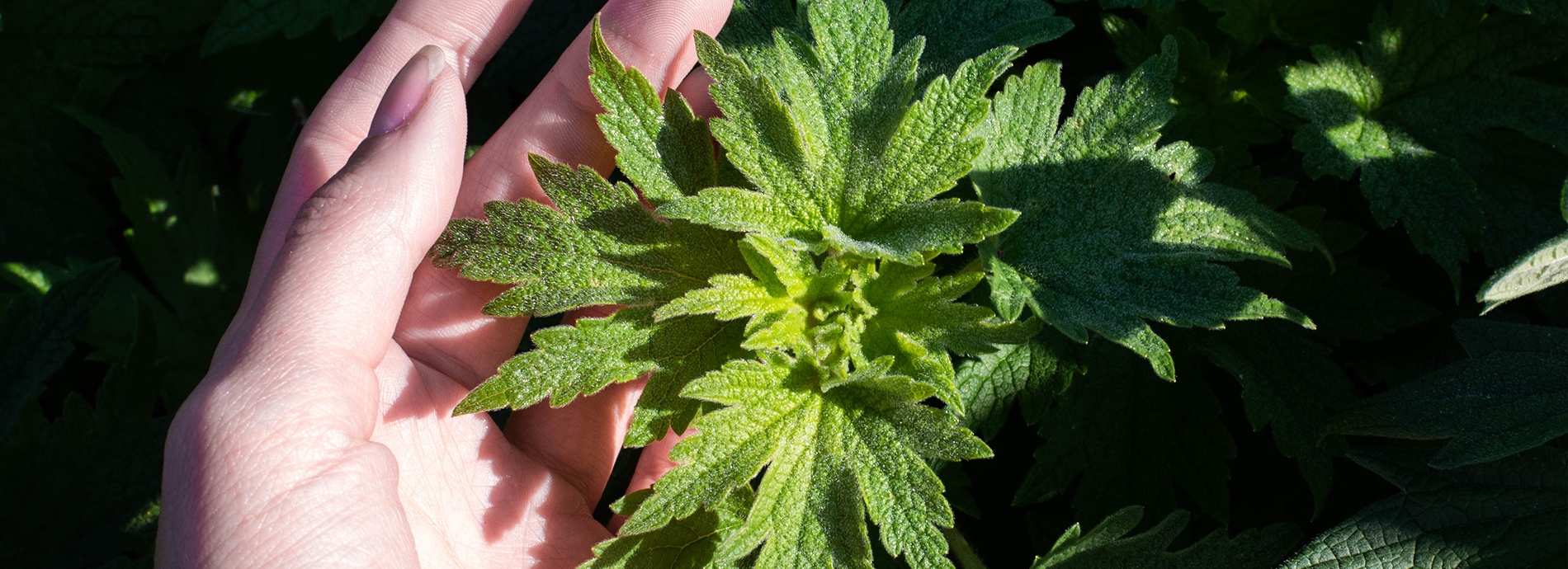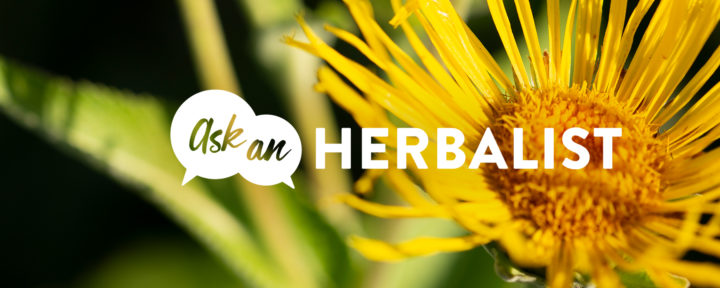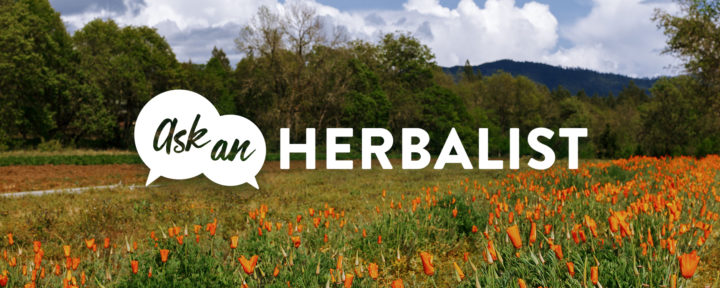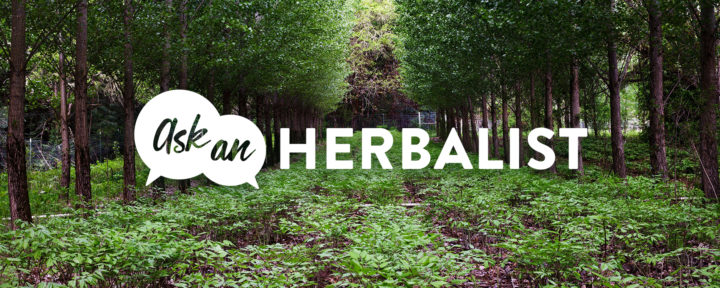We love talking about herbs and herbalism, and we especially love answering your questions about those topics. That's why we brought in our team of herbal experts to respond to some of the most common questions and concerns we hear.
Our herbalists have decades of combined experience working with herbs — and the people who take them. They answer your most pressing questions, in our regular column “Ask an Herbalist.”
Though the term “herbalist” can mean different things to different people, an herbalist is generally someone who practices herbalism. They work with plants (as well as fungi, lichens and algae) to support well-being. Ideally, herbalists have been trained in appropriate disciplines such as traditional herb use, species identification of fresh and dried plants, growing and wildcrafting, transforming plants into various preparations and their administration. In practice, most herbalists later specialize within the broader context of herbalism.
Herbalists can be gardeners and farmers, seed savers, wildcrafters, scientists or chemists, product makers, formulators, educators, writers, clinicians, researchers, quality control technicians and/or small business owners. They generally receive their Herbal Loducations through herb schools, universities and apprenticeships with other herbalists; many herbalists are also self-trained. Herbalists may work to combine different modalities (such as traditional Western herbalism, Ayurveda or traditional Chinese herbalism) or have additional trainings.
Herbalists have been helping people use herbs for thousands of years. In modern times, herbalism is considered a complementary or alternative modality. Herbalists have a profound connection to plants and, as such, the Earth around them. They also serve as stewards, taking responsibility to protect and conserve the plants that support us and the land on which they grow.




